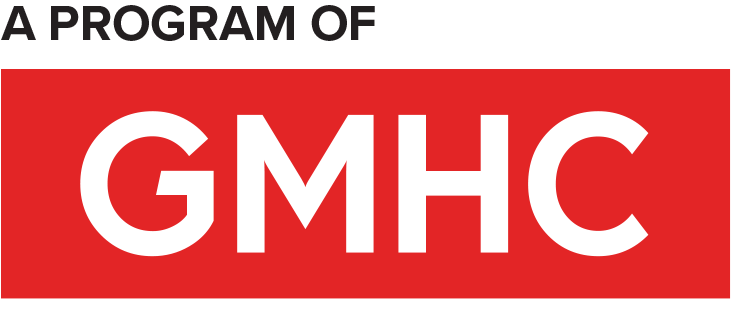As of March, 28 2021, the CDC updated the list of underlying medical conditions that put adults of any age at high risk for severe illness from the virus that causes COVID-19. The CDC maintains a “living” list of high-risk medical conditions that, based on available evidence, are linked to severe illness due to COVID-19. GMHC had been appealing to public health authorities to prioritizing people living with HIV/AIDS for access to COVID-19 vaccines. In New York State People living with HIV/AIDS were eligible to receive COVID-19 vaccines starting on Feb. 15. HIV/AIDS was included among a list of comorbidities and underlying conditions that now meet the State of New York’s eligibility criteria for COVID-19 vaccine under Phase 1B of the state’s vaccine distribution plan. The CDC has now followed New York State’s lead.
Recent reports about the frequency and seriousness of COVID-19 for older adults with HIV have resulted in mixed messages because of the data variability found in individual studies. The CDC had previously concluded that “Based on limited data, we believe people with HIV who are on effective HIV treatment have the same risk for COVID-19 as people who do not have HIV.” However, older adults or people of any age with serious medical conditions can be at increased risk of severe illness, especially those with weakened immune systems. This warning is especially directed at people with a low CD4 cell count or people not receiving adequate treatment with ART. The CDC has now changed its listing of high-risk conditions to include HIV.
A common question is whether the vaccine is safe for people with HIV. Certainly, the US approval system has made them as safe as is possible, although the number of persons with HIV who have received the vaccine is rather small. Still, unless you have had a severe reaction to other vaccinations, you may choose to be vaccinated, especially since many feel that the advantages of vaccination do outweigh the disadvantages. Also, there is no definite evidence that any medications used to treat HIV are effective agents against COVID-19. Of course, it is a personal decision and until more information is available, especially about new variants, you will need to continue taking the precautions of wearing a mask, social distancing, and avoiding crowds.
It needs to be emphasized that the science related to COVID-19 and especially relationships with HIV is regularly changing and being updated. We will try to assist you with new information being provided on this resource site as it becomes available.


